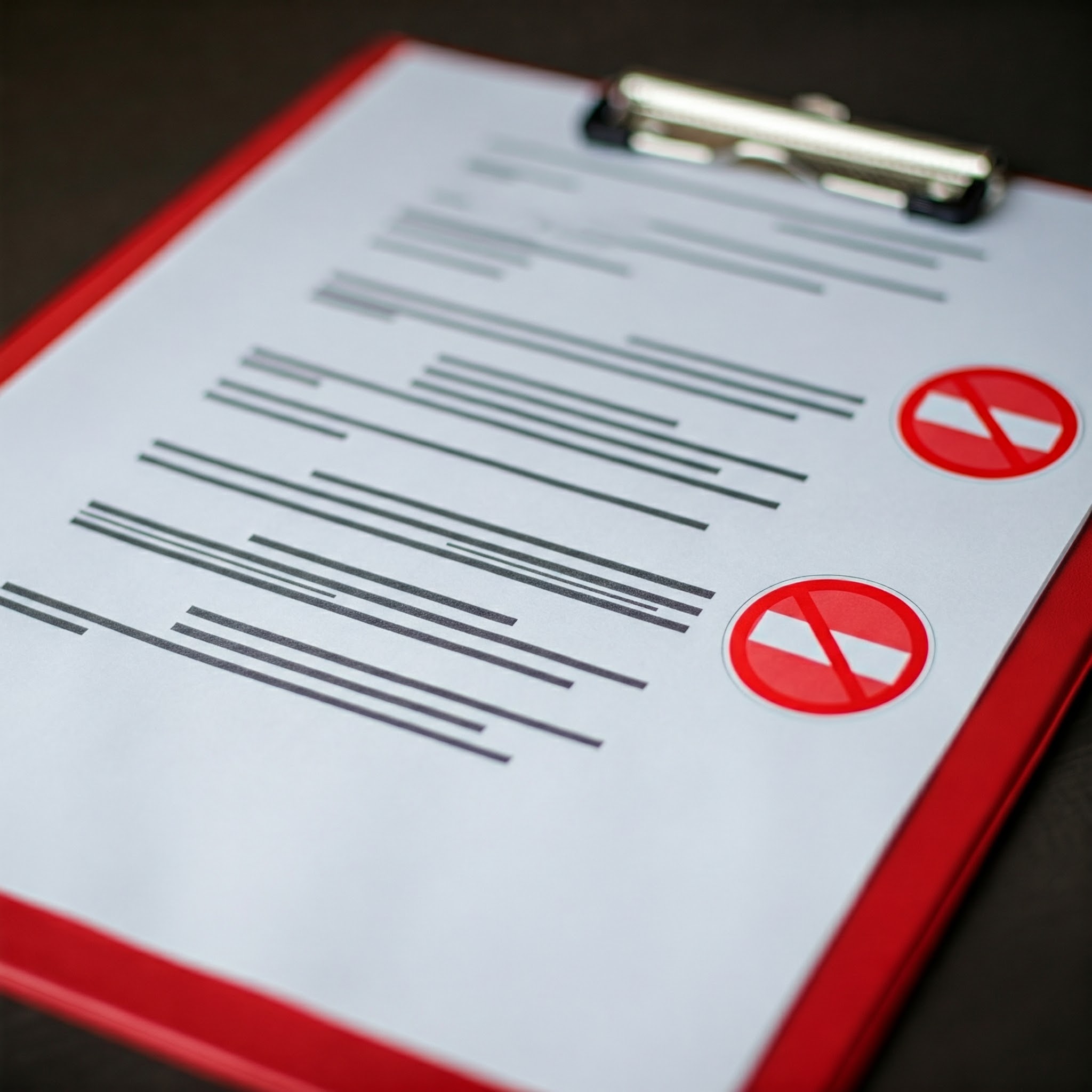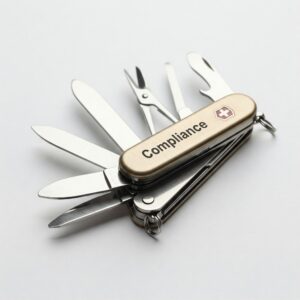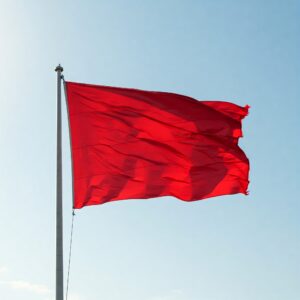Sanction lists are essential tools for businesses navigating the complexities of modern compliance. For organizations conducting Enhanced Due Diligence (EDD), understanding these lists and their implications is vital—not just for meeting regulatory requirements but also for safeguarding business reputation.
In this post, we’ll explore what sanction lists are, where to find them, why they matter, and how to effectively screen individuals, businesses, and even entire countries.
What Are Sanction Lists?
Sanction lists are databases compiled by governments and international bodies to restrict dealings with individuals, organizations, and nations involved in activities like terrorism, human rights abuses, or corruption.
One well-known example is the OFAC sanctions list, maintained by the U.S. Office of Foreign Assets Control. This list includes individuals, groups, and countries subject to economic and trade restrictions. Similar lists are maintained by entities such as the United Nations, the European Union, and other national governments. In some cases there are lists of sanctioned countries, in which most types of businesses can not be conducted. It’s crucial to keep up to date with these lists and to know which ones could impact your business.
Why Are Sanction Lists Important for EDD?
Ignoring sanction lists can lead to severe consequences, including:
- Legal Risks: Engaging with sanctioned entities can result in heavy fines and reputational damage.
- Business Disruption: Violating sanctions may lead to frozen transactions and regulatory scrutiny.
- Reputation Damage: Partnering with blacklisted entities can harm trust with stakeholders and customers.
Enhanced Due Diligence ensures businesses identify potential risks before they escalate, making sanction screening a cornerstone of compliance programs.
Where to Find Sanction Lists
Key sanction lists include:
- OFAC Sanctions List: Managed by the Office of Foreign Assets Control (OFAC) in the U.S.
- UN Sanctions List: Maintained by the United Nations Security Council.
- EU Consolidated List of Sanctions: Covers restrictions by the European Union.
- UK Sanctions List: Updated by the UK government’s Office of Financial Sanctions Implementation.
Many governments also publish their own lists, so businesses operating internationally must be aware of region-specific regulations.
How to Screen and Monitor Sanctioned Entities
Screening sanctioned entities involves several steps:
- Automated Screening Tools: Use compliance platforms to cross-check names, businesses, or countries against sanction databases in real-time.
- Risk Assessment: Evaluate the risks associated with high-risk regions or industries.
- Ongoing Monitoring: Sanction lists are frequently updated, so continuous monitoring is essential as ever.
- Record-Keeping: Document every check for audit and regulatory purposes.
- Options for Sanction Screening Internal Processes: Build in-house compliance teams to manually review and analyze entities.
- Third-Party Solutions: Engage external providers that specialize in automated EDD and sanction screening.
- Hybrid Approach: Combine internal expertise with advanced AI tools to enhance efficiency.
A Proactive Approach to Compliance
Sanction lists are more than a regulatory checkbox—they are critical for protecting your business and reputation. By understanding lists like the OFAC sanctions list and integrating effective screening tools, organizations can ensure compliance while building trust with stakeholders.
Staying proactive in your approach to EDD not only safeguards against legal and reputational risks but also creates a strong foundation for sustainable growth.







